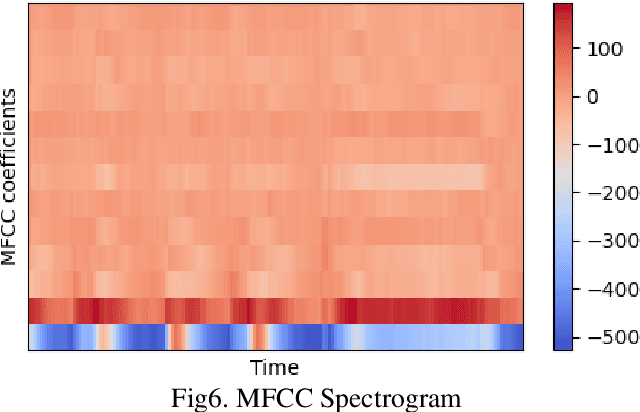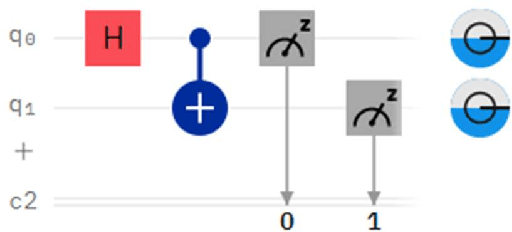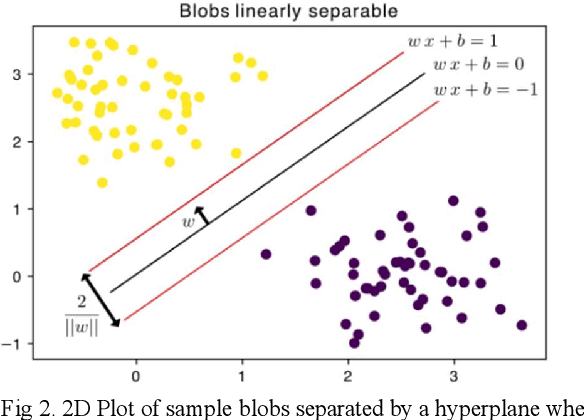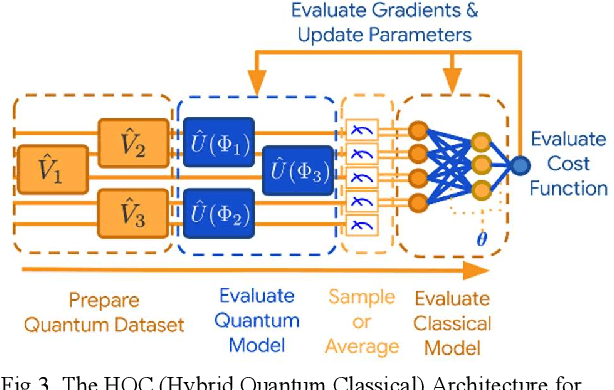Raghav Rawat
Intelligent Acoustic Module for Autonomous Vehicles using Fast Gated Recurrent approach
Dec 06, 2021
Abstract:This paper elucidates a model for acoustic single and multi-tone classification in resource constrained edge devices. The proposed model is of State-of-the-art Fast Accurate Stable Tiny Gated Recurrent Neural Network. This model has resulted in improved performance metrics and lower size compared to previous hypothesized methods by using lesser parameters with higher efficiency and employment of a noise reduction algorithm. The model is implemented as an acoustic AI module, focused for the application of sound identification, localization, and deployment on AI systems like that of an autonomous car. Further, the inclusion of localization techniques carries the potential of adding a new dimension to the multi-tone classifiers present in autonomous vehicles, as its demand increases in urban cities and developing countries in the future.
Quantum Machine Learning with HQC Architectures using non-Classically Simulable Feature Maps
Mar 21, 2021



Abstract:Hybrid Quantum-Classical (HQC) Architectures are used in near-term NISQ Quantum Computers for solving Quantum Machine Learning problems. The quantum advantage comes into picture due to the exponential speedup offered over classical computing. One of the major challenges in implementing such algorithms is the choice of quantum embeddings and the use of a functionally correct quantum variational circuit. In this paper, we present an application of QSVM (Quantum Support Vector Machines) to predict if a person will require mental health treatment in the tech world in the future using the dataset from OSMI Mental Health Tech Surveys. We achieve this with non-classically simulable feature maps and prove that NISQ HQC Architectures for Quantum Machine Learning can be used alternatively to create good performance models in near-term real-world applications.
 Add to Chrome
Add to Chrome Add to Firefox
Add to Firefox Add to Edge
Add to Edge